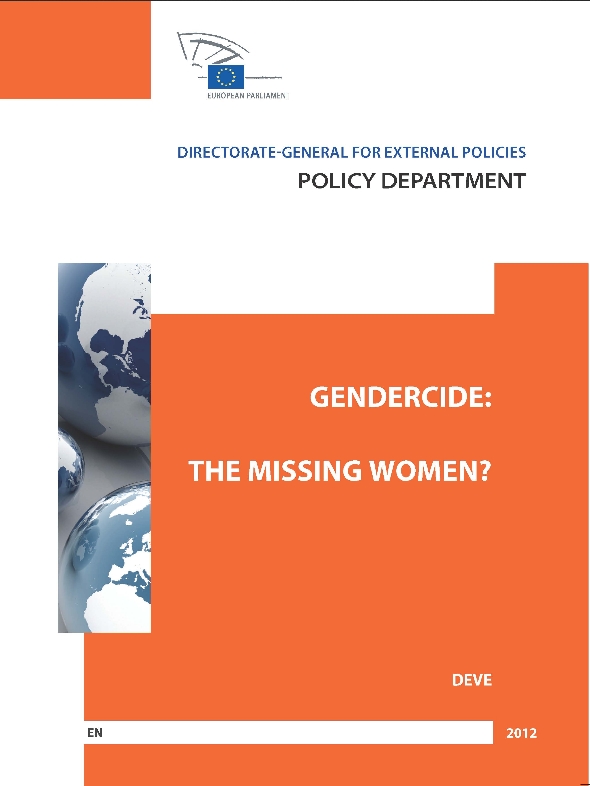This paper was prepared with the statistical assistance of Daniela Rodriguez and editorial assistance of Michèle Patterson.
The authors acknowledge contributions from country experts: Alice Blichfeldt, Yuri Kanno, Josh Taylor and Kieran Macdonell from the Australian Government Department of Agriculture, Water and the Environment; Mariana Odette Espinoza Altamirano from the Instituto de Desarrollo Agropecuario (INDAP) in Chile; William Herrera from the Ministry of Agriculture and Rural Development in Colombia; Zazie von Davier and Susanne Padel from the Thünen Institute in Germany; Hiroshi Zaitsu from the Ministry of Agriculture,
Forestry and Fisheries (MAFF) in Japan; Angela McLeod from Rural Woman New Zealand, Mark Hampshire and Richard Lynch from the Ministry of Primary Industries in New Zealand, Chris Gilman and Deb Potter from the Ministry for Women in New Zealand; Hannah Baker from the Department for Environment, Food, Rural Affairs (DEFRA) in the United Kingdom, Beth Armstrong and Stephanie Friend from the Food Standard Agency in the United Kingdom; Jessica Todd and Kate Vaiknoras from the United States Department of Agriculture. The authors also thank Delegates to the Working Party on Agricultural Policies and Markets who provided information on their countries’ experiences: Wilhelmine Brown (Australia), Maricela Segura Salas (Canada), Katerina Alejandra Lama Abudoj (Chile), Juan David Saenz Henao (Colombia), Marie Luise Rau (Germany), Tomoko Isobe (Japan), Timothy McGiven (New Zealand), Lucia B. Pitarch Mampel (Spain), Kate Dassesse (Switzerland), Zoe Donkin (United Kingdom), Steve Neff (United States). Finally, the authors benefitted from discussions with and comments from Sally Shortall (University of Newcastle), Corinna Hawkes (City University of London) and Ursula Truebswasser (Wageningen University & Research), Jemimah Njuki (CGIAR/ IFPRI), Marie-Agnès Jouanjean (The World Bank), Chiara Brunelli (FAO), Yonca Gurbuzer (FAO) and Erdgin Mane (FAO), Clea Kaske-Kuck (World Business Council for Sustainable Development) and OECD colleagues: Alessandro Goglio, Willem
Adema, Chris Clarke, Hélèné Dernis, Laurent Moussiegt, Dimitra Xynou, Mariana Mirabile, Aimee Aguilar Jaber, Leopold Ghins, Philipp Heinrings, Guillaume Cohen, Jane Korinek, Claire Delpeuch, Elena Avery, Hubertus Gay, Koen Deconinck and Jesus Anton.
Gender equality, Women workers, Gender impact analysis, Food systems, Women entrepreneurs, Women consumers, Agricultural and Natural Resource Economics, Environmental and Ecological Economics, Agriculture, Agricultural Policy, Food Policy, Labor and Demographic Economics, Economics of Gender, Non-labor Discrimination, Industrial Organization, Manufacturing, Food, Beverages, Cosmetics, Tobacco, Wine and Spirits, Law and Economics, Human Rights Law, Gender Law
OECD countries, Australia, Austria, Belgium, Canada, Chile, Colombia, Costa Rica, Czech Republic, Denmark, Estonia, Finland, France, Germany, Greece, Hungary, Iceland, Ireland, Israel, Italy, Japan, Korea, Latvia, Lithuania, Luxembourg, Mexico, Netherlands, New Zealand, Norway, Poland, Portugal, Slovak Republic, Slovenia, Spain, Sweden, Switzerland, Türkiye, United Kingdom, United States
Mathematical and Quantitative Methods / Data Collection and Data Estimation Methodology; Computer Programs / Data Collection and Data Estimation Methodology; Computer Programs:

